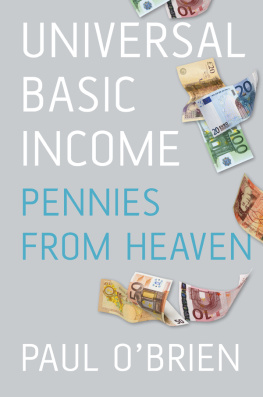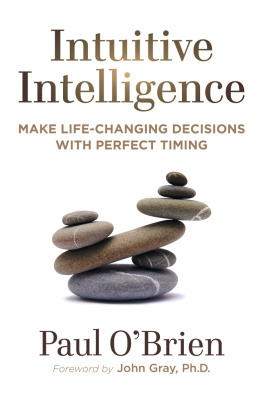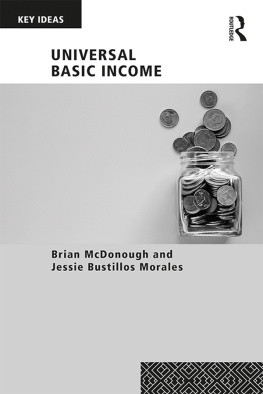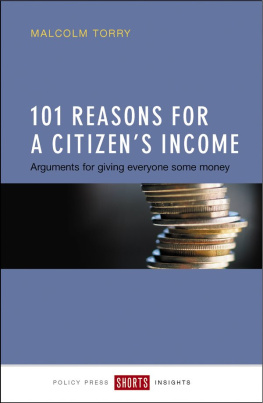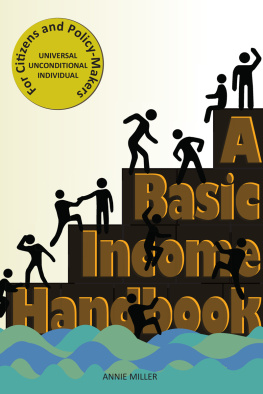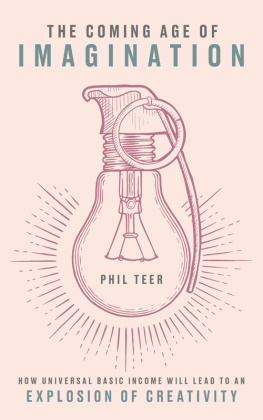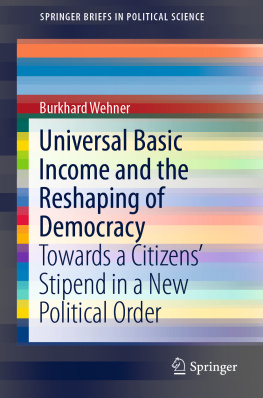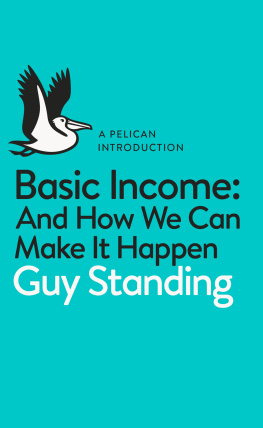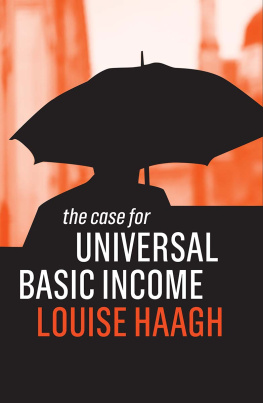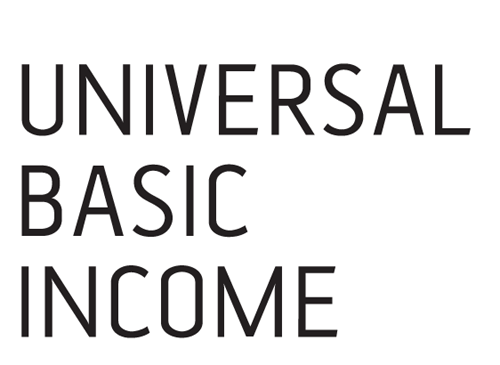

First published in 2017
The History Press
The Mill, Brimscombe Port
Stroud, Gloucestershire, GL5 2QG
www.thehistorypress.co.uk
This ebook edition first published in 2017
All rights reserved
Paul OBrien, 2017
The right of Paul OBrien to be identified as the Author of this work has been asserted in accordance with the Copyright, Designs and Patents Act 1988.
This ebook is copyright material and must not be copied, reproduced, transferred, distributed, leased, licensed or publicly performed or used in any way except as specifically permitted in writing by the publishers, as allowed under the terms and conditions under which it was purchased or as strictly permitted by applicable copyright law. Any unauthorised distribution or use of this text may be a direct infringement of the authors and publishers rights, and those responsible may be liable in law accordingly.
EPUB ISBN 978 0 7509 8338 9
Original typesetting by The History Press
eBook converted by Geethik Technologies
CONTENTS
ACKNOWLEDGEMENTS
Gratitude for assistance with developing the text is due in particular to John Baker, Deirdre Coveney, Deirdre de Burca, Michael Fitzgerald, Liam Flynn, John Goodwillie, Joan Healy, Roy Johnston, Claus Kazmaier, Neville Keery, Martina Langan, Ruth Kerr, Garreth McDaid, Seanan Mac Corra, Aoife Sheehan, and Sean Ward. My thanks go to all the members of Basic Income Ireland, and to those who attended meetings from time to time. I should also acknowledge the original Group on Alternative/Green Economics (GAGE) who were foregrounding similar ideas in the Irish Green Party from the 1980s onwards, and helped to shape my perspective. Thanks also to the staff at History Press Ireland: to Ronan Colgan for his deep interest in and support of the project, and to Beth Amphlett for her painstaking work in preparing the text for publication.
INTRODUCTION
This book is about a radical idea: the idea that each of us deserves enough money on which to live and that it should be paid independently of our personal means, and independently of whether we work, or even want to work.
There are two main arguments in favour of a basic income for everyone: a moral reason and a social/political reason, as it is difficult to see how our society will survive, at least in its present form, without such a thing happening.
Universal basic income is, as its name suggests, a payment made unconditionally to everyone. For convenience I will refer to it as UBI.
The book is aimed at the intelligent general reader. It is not primarily intended as an academic book, though it makes use of a fair amount of academic material, and may be of interest to scholars of the subject as well. Theres a considerable body of scholarly literature by now on UBI, going back several decades. Much of the literature is extremely erudite, and some of it is hard to follow without a background in one (or more) academic lines of study.
I hope the interested reader will be able to follow the argument without having done a lot of previous reading in areas that are touched on here (such as politics, philosophy, sociology, economics and cultural theory). Some of the references, though, may open up lines of further enquiry for those interested in pursuing them, whether from the point of view of general interest, or at a more scholarly level.
My hope is that the reader will not constantly have to go back and puzzle out the meaning of a paragraph, or need to have continual recourse to a dictionary or encyclopaedia. At the same time, I hope that, in the cause of making things accessible, I havent distorted some very complex arguments.
If the reader wishes to follow up a particular line of enquiry, the endnotes may be of help. The discussion in them is, in parts, more detailed than the account in the main text. However, the reader who wishes to obtain a general overview of the subject will not need to continually refer to the discussions in the endnotes.
The bibliography may be of use to anyone who wants to delve more deeply into the topic. It includes most of the hard-copy material, in terms of books and journal articles, mentioned in the endnotes, with online versions where available. It also includes some of the online material mentioned in the endnotes, where this seemed to be of particular relevance.
The book focuses on some political, economic, philosophical and ideological arguments around UBI, rather than on the mathematical details involved in regard to its implementation (whether actual, experimental or planned for the future) in various parts of the world. However, it includes information in the endnotes regarding further access to sources on this, for those who wish to follow them up.
There is also a (fairly brief) account at the end of the book of some detailed proposals regarding the implementation of UBI in the context of Ireland, since that is where I live and where I have had most experience of these debates, going back to the 1980s.
Academic writing has been of crucial importance in this area, in terms of getting the discussion established and taken seriously by people in the intellectual sphere. The concept of UBI, and political proposals to implement it, are now reaching the mainstream, and discussion of these subjects is becoming an everyday matter in the media.
Some decades ago, the notion of an unearned income for everyone, without means testing or work requirement, was viewed as an outrageous proposition. (It was, perhaps, comparable to debates about close encounters with UFOs, in terms of acceptability as a topic for discussion in the mainstream media.) However, our economic system has reached such a perilous state that proposals which seemed shocking some decades ago are now much more acceptable, even by the establishment media.
It is to the credit of a relatively small group of persevering academics that this discussion has now gone beyond academic circles and is reaching the mainstream of political debate. For a long time the academics involved were, to some extent, out in the cold on this, and they deserve much gratitude for sticking with the idea and working out the issues that it involves.
At this stage, however, its vital, for all kinds of social, political and economic reasons, that the discussion should enter a more general arena particularly regarding the underlying values involved. Much of the resistance to UBI is based not on mathematics but on ideology, as I will try to show. (The term ideology has about a dozen different meanings, but Im using it here in the sense of thinking that does not have much obvious claim to logicality, or coherence.)
At the same time, there are some rational objections to UBI and, for the sake of honest debate, I try to note them and respond, as appropriate, in the discussion that follows.
I dont need to labour the political upheavals caused by globalisation, technological development, and the move away from fossil fuels, for traditional patterns of employment. These have had seismic consequences in the US and the UK, and threaten to do so as well on the European mainland, where the rise of far-Right parties offering an authoritarian nationalist alternative is of particular concern. (Anti-globalisation, which 15 or 20 years ago was emphasised mainly by the Left, now seems to be largely taken over by the Right as a rallying cry.)
Ireland may not be immune from such issues either, though we seem to have emerged from our recent economic dislocation relatively unscathed, at least in terms of the economic figures. (Of course, this is not counting the many lives that have been lost or ruined in the process.)
Next page
